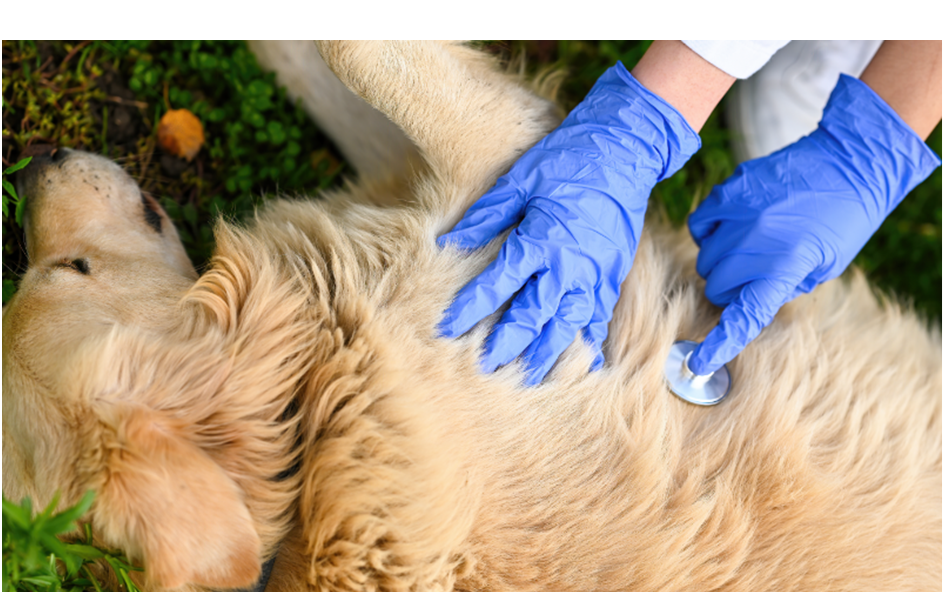
When your dog experiences a health crisis, it can be a stressful and urgent situation. Acting swiftly and effectively is crucial to ensure the best possible outcome for your pet. If you find yourself in need of immediate assistance, searching for a “veterinarian near me for dogs” can help you locate a nearby expert who can provide timely care. This article provides practical steps to manage dog health crises before the vet arrives, offering clear guidance to help you stay calm and take appropriate action.
Assessing the Situation
The first step in managing a dog health crisis is to quickly assess the situation. Determine the severity of the issue and identify any symptoms or signs that could help you understand what might be wrong. Common signs of a health crisis include difficulty breathing, severe bleeding, seizures, or sudden changes in behaviour. Observing these symptoms will help you provide accurate information to the vet, whether you are arranging a vet home visit or heading to a clinic.
In the event of a health emergency, it’s essential to act promptly. For instance, if your dog is bleeding, apply pressure to the wound to control the bleeding while waiting for professional help. If your dog is having trouble breathing, try to keep them calm and comfortable, as stress can exacerbate respiratory issues. Properly assessing the situation will guide your actions and ensure that you address the most pressing concerns effectively.
Basic First Aid Techniques
Knowing basic first aid techniques can be invaluable during a dog health crisis. Here are some fundamental procedures to follow:
- Control Bleeding: Apply direct pressure to any bleeding wounds using a clean cloth or bandage. Elevate the injured area if possible and keep the pressure steady until help arrives. Avoid using a tourniquet unless instructed by a vet, as this can cause further damage.
- CPR: If your dog stops breathing or their heart stops beating, you may need to perform CPR. Place your dog on a flat surface, ensure their airway is clear, and begin chest compressions at a rate of 100-120 compressions per minute. Be cautious and use proper technique to avoid injury. For specific instructions, consult a vet in Singapore immediately or refer to emergency guidelines.
- Managing Seizures: If your dog is having a seizure, move them to a safe area to prevent injury. Do not try to restrain them or put anything in their mouth. Time the seizure and keep track of its duration. After the seizure, provide a calm and quiet environment for recovery.
Contacting Professional Help
Once you have taken initial steps to manage the situation, contacting professional help is crucial. If you need immediate assistance, reach out to a vet near you for dogs or schedule a vet home visit if that service is available. If you are in Singapore, you can contact a local vet to discuss the situation and determine the best course of action.
Provide detailed information about your dog’s symptoms, the actions you have taken, and any other relevant details. This will help the vet understand the urgency and prepare for your arrival or home visit. If you are heading to a clinic, ensure you have directions and transport arranged to get there as quickly and safely as possible.
Conclusion
Handling a dog health crisis before the vet arrives requires a calm and methodical approach. By assessing the situation accurately, applying basic first aid techniques, and contacting professional help promptly, you can provide crucial support to your pet during an emergency. Whether arranging a vet home visit or seeking immediate care at a local clinic, ensuring that you are prepared and informed will contribute significantly to the successful management of your dog’s health crisis. Always remember that while these steps are helpful, professional veterinary care is essential for the accurate diagnosis and treatment of any serious health issues.
Contact Paws & Claws today for more information.







